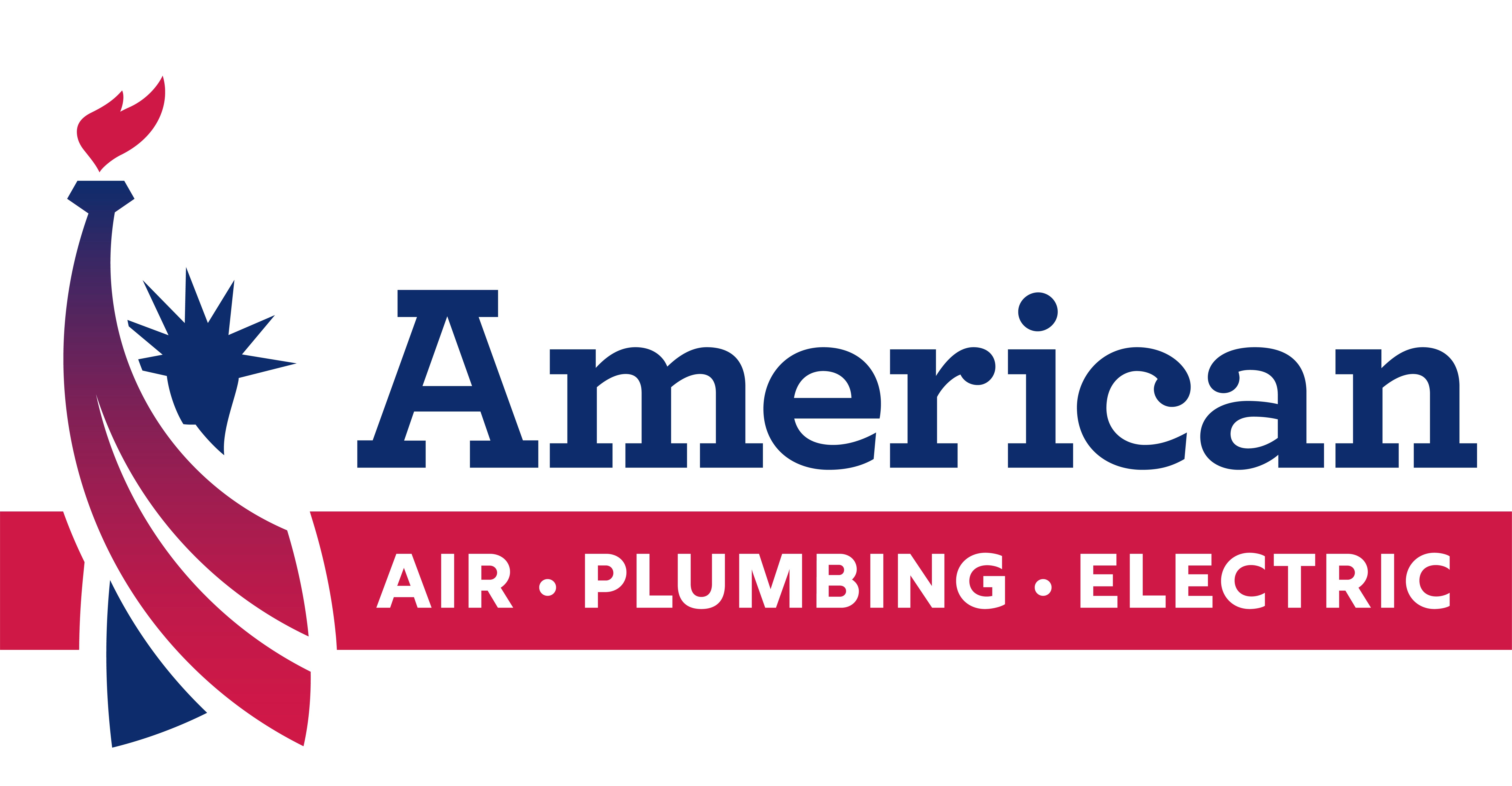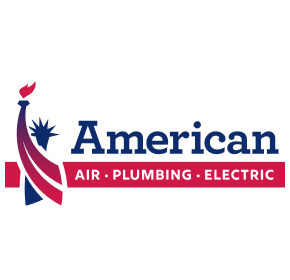Every HVAC system needs an air filter. They keep your system running smoothly and prevent it from getting clogged up with harmful particles and contaminants. But filters, just like every other product in existence, are a varied bunch. There isn’t just one, so how do you know which one to get? Here is a quick rundown of what different types of air filters do, as explained by the HVAC experts at American Air, Plumbing, and Electrical!
Fiberglass Filters
If you’re like most people, then you’d like to save money where you can. One way a lot of us choose to cut costs is with our air filters, so we choose fiberglass filters for our HVAC unit. Fiberglass filters are simple and cost-effective because they’re just comprised of layers of fiberglass on top of each other.
The design behind these filters is straightforward: particles that are too large to squeeze through the fiberglass filters get blocked. Unfortunately, you get what you pay for when you go this route. Fiberglass filters were intended to protect your HVAC unit from harm, not to decontaminate the air that passes through it.
Fiberglass filters usually carry a MERV rating – a system that indicates how effective a filter is cleaning the air – below 10, which is average for most homes.
Pleated Filters
The next step up from fiberglass filters is pleated filters. They’re similar to fiberglass models, but these are made of cotton or polyester. The pleated filters you install in your HVAC system are stronger than fiberglass ones and more resistant to smaller particles, so you’ll notice cleaner air than you would with fiberglass filters installed.
The MERV rating for pleated filters will also be below 10, but the ratings will be higher than the ones for fiberglass filters. If you’re looking for a stronger filter – that will also come with a bump in the price – then pleated filters might be right for you.
HEPA Filters
One of the most effective filters on the market is a HEPA filter. HEPA – High-Efficiency Particulate Air – filters use a different method than the other kids to stop contaminants from getting through.
- HEPA filters are made of randomly arranged fibers that contour throughout the material of the filter itself. As contaminated air passes through, the particles follow the winding path through the filter as air twists and turn its way past the fibers.
- Particles either attach to fibers, become stuck in them, or slow down so much that they stop in their tracks. Because of this, HEPA filters are exceptional at blocking contaminants. A filter won’t receive the HEPA designation unless it blocks at least 99.7% of particles greater than 0.3 microns big.
Trying to Figure Out Which Filter is Best? Let us Help!
The world of air filters can be a confusing place. There are different numbers to keep track of, different strengths and weaknesses, and they’re all different prices. Trying to figure out which is best for you and your family? Let us help!
The team here at American Air, Plumbing, and Electrical can aid in all your heating and cooling needs, and that includes figuring out the right air filter. Give us a call at (407) 603-4410 today!

